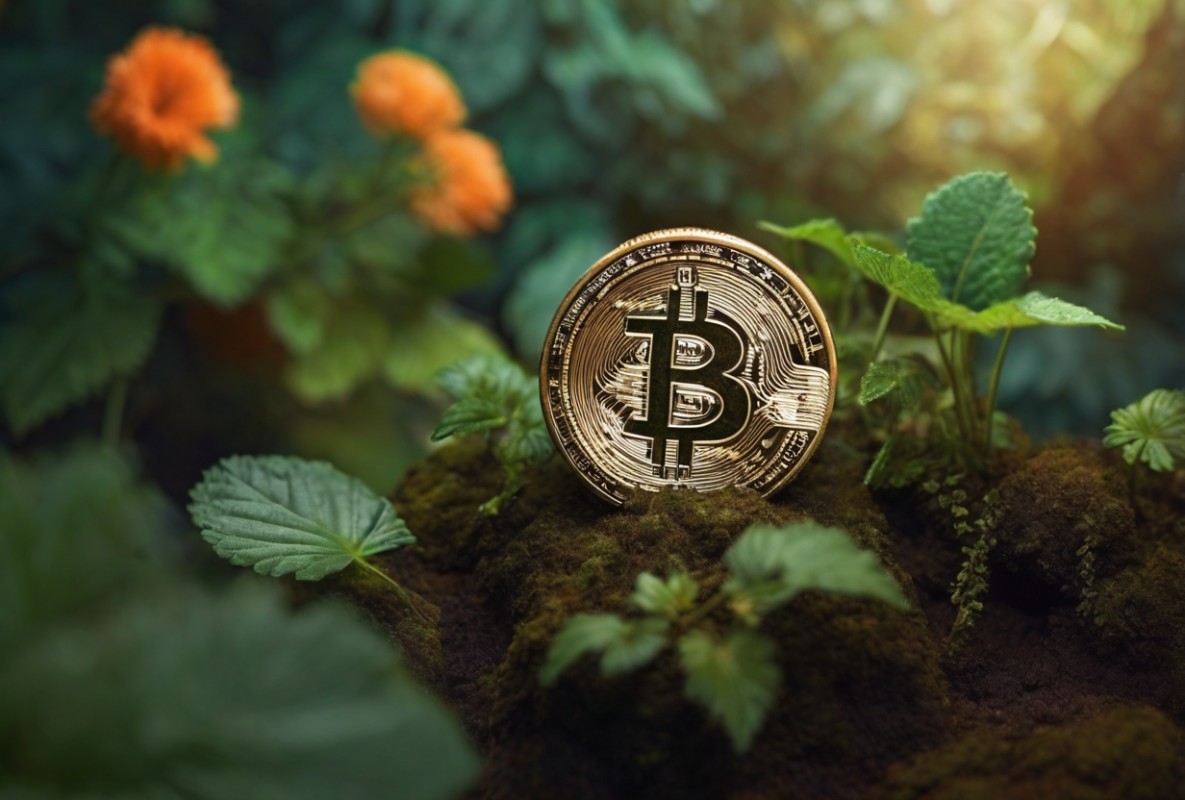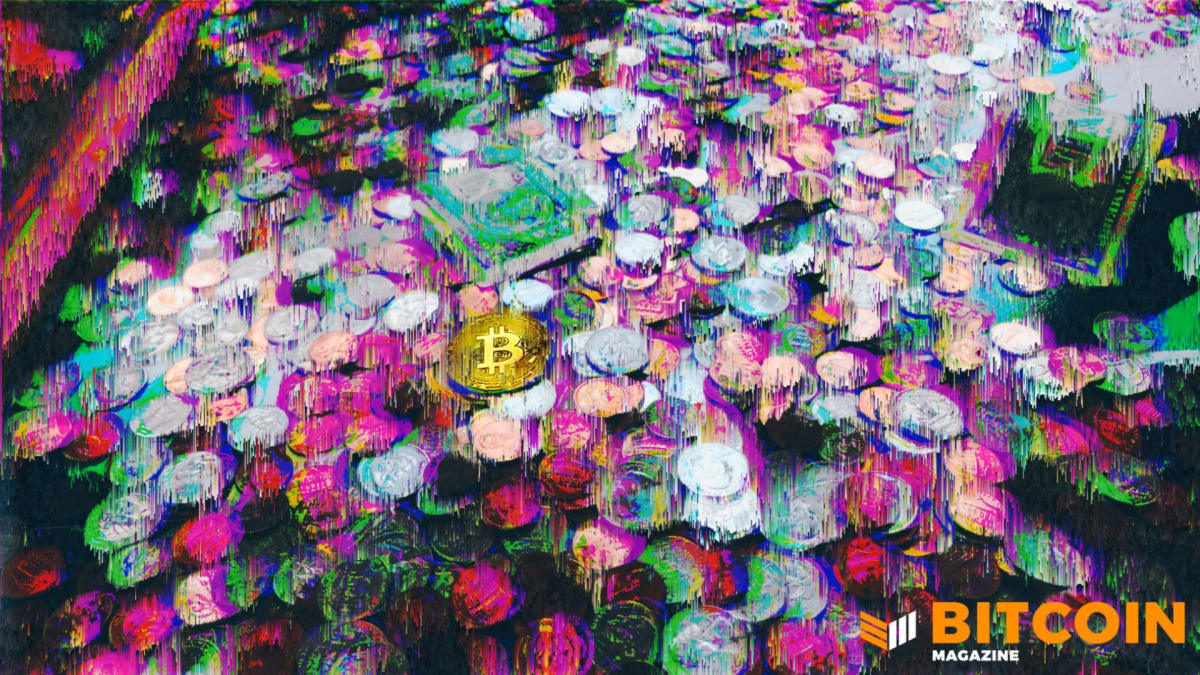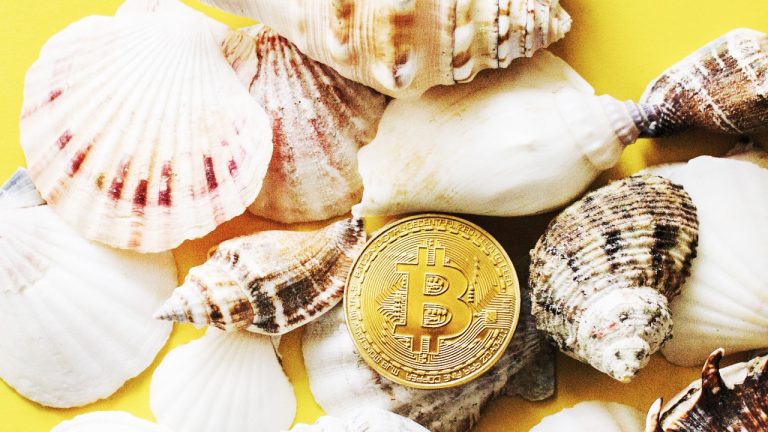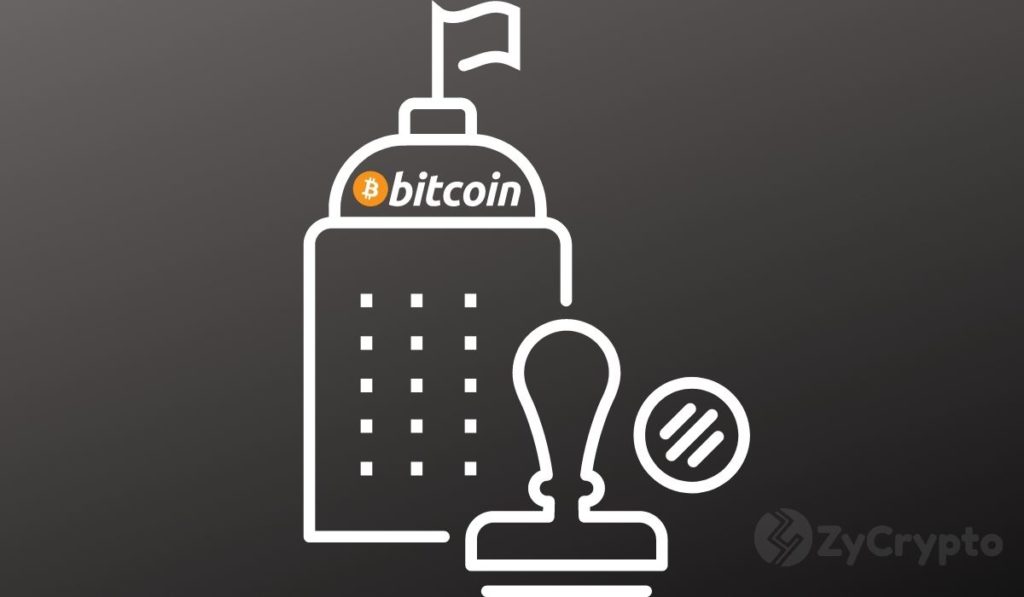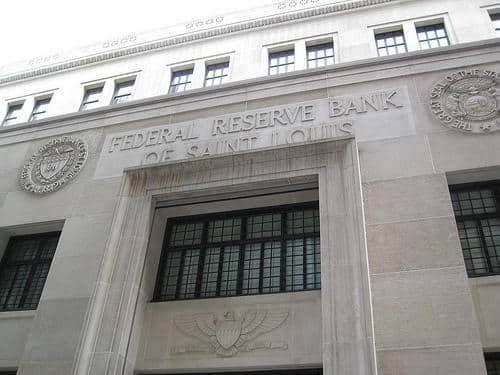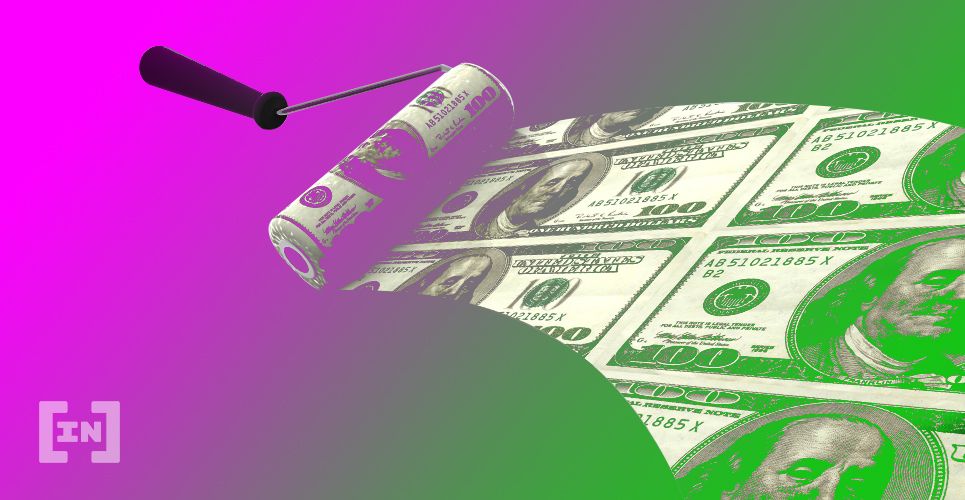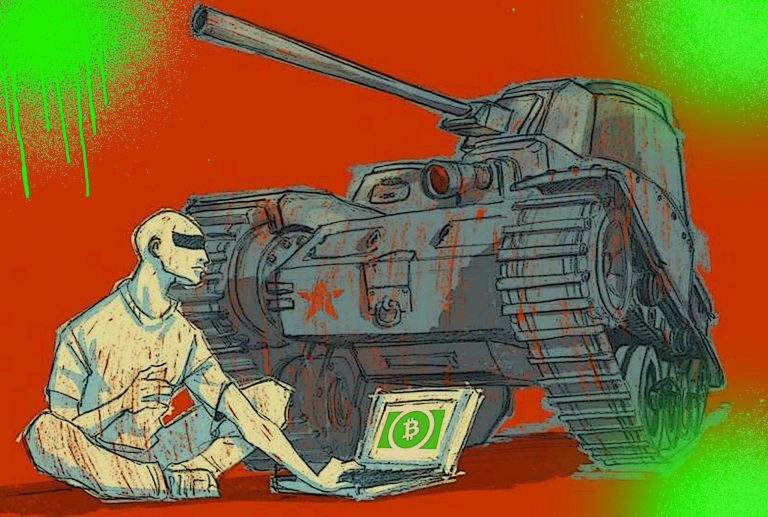2022-12-7 16:00 |
Breakdowns in global trade and credit call for money that doesn’t depend on trust. Bitcoin is the modern answer for international economics.
This is an opinion editorial by Ansel Lindner, a bitcoin and financial markets researcher and the host of the “Bitcoin & Markets” and “Fed Watch” podcasts.
Two forces have dominated the globe economically and politically for the last 75 years: globalization and trust-based money. However, the time for both of these forces has passed, and their waning will bring about a great reset of the global order.
But this is not the global, Marxist kind of Great Reset promoted by Klaus Schwab and those who attend Davos. This is an emergent, market-driven reset characterized by a multipolar world and a new monetary system.
Globalization Is EndingThe first reaction I usually get to my claim that the age of hyper-globalization is ending is flippant disbelief. People have so completely integrated the environment of the dying global order into their economic understanding that they cannot fathom a world where the cost-to-benefit analysis of globalization is different. Even after COVID-19 exposed the fragility of complex supply chains, like when the U.S. very nearly ran out of surgical masks and basic medications or when the world struggled to source semiconductors, people have yet to realize the shift that is happening.
Is it that hard to imagine that the businessmen who designed such fragile, overcomplicated production processes didn’t properly weigh the risks?
All that is needed to break globalization is for risk-adjusted costs to change a few percentage points and outweigh the benefits. The pennies saved by outsourcing numerous tasks to numerous jurisdictions will no longer outweigh the possibility of complete collapse of supply chains.
These concerns about fragile supply chains did not disappear as horrible COVID-19 policies ended. Now, they have shifted to concerns about trade wars and real wars. U.S. trade sanctions against China, the Russian conflict with NATO-proxy Ukraine and subsequent sanctions, the seemingly-erratic U.S. position on Taiwan, the coronation of Xi Jinping and his Marxist revival, the Nord Stream sabotage, the clear split of international consensus in the UN and even the weaponization of these international institutions, and most recently, the Turkish ground offensive versus the Kurds — all these things should be interpreted as a rise in costs.
Gone is the time when complex supply chains were robust against typical risks. The risks today are much more systemic. Sure, there were skirmishes around the world and disagreements among parliaments, but great powers did not openly threaten one another’s spheres of influence. Risk-adjusted costs and benefits to globalization have radically changed.
Credit Doesn’t Like ConflictVery closely related to deglobalization of supply chains is deglobalization of credit markets. The same factors that affect business peoples’ physical, risk-adjusted costs and benefits are also felt by bankers.
Banks don’t want to be exposed to the risk of war or sanctions wrecking their borrowers. In the current environment of deglobalization and rising risks to international trade, banks will naturally pull back on lending to those associated activities. Instead, banks will fund safer projects, likely fully-domestic or friend-shoring opportunities. The natural reaction by banks to this risky global environment will be credit contraction.
The deglobalization of supply chains and credit will be as closely linked on the way down as they were on the way up. It will start slowly, but pick up speed. A feedback loop of rising risk leading to shorter supply chains and less credit creation.
The Credit-Based U.S. DollarThe prevailing form of money in the world is the credit-based U.S. dollar. Every dollar is created through debt, making every dollar someone else’s debt. Money is printed out of thin air in the process of making a loan.
This is different from pure fiat money. When fiat money is printed, the balance sheet of the printer adds assets alone. However, in a credit-based system, when money is printed in a loan, the printer creates an asset and a liability. The borrower’s balance sheet then has an offsetting liability and asset, respectively. Every dollar (or euro or yen, for that matter) is therefore an asset and a liability, and the loan that created that dollar is both an asset and a liability.
This system works extremely well if two factors are present. One, highly-productive uses of new credit are available, and two, a relative lack of exogenous shocks to the global economy. Change either of these things and a breakdown is bound to occur.
This dual nature of credit-based money is at the root of both the dollar’s spectacular rise in the 20th century, and the coming monetary reset. As global trust and supply chains break down, the comingling of assets in banks becomes more risky. Russia found this out the hard way when the West confiscated its reserves of dollars held in banks abroad. How is trust possible in that sort of environment? When credit-based money’s creation is based on trust... Houston, we have a problem.
Bitcoin’s Role In The FutureLuckily, we have experience with a world that doesn’t trust itself — i.e., the entire history of man prior to 1945. Back then, we were on a gold standard for reasons which included all those that bitcoiners are very familiar with (gold scores highly in the characteristics that make good money), but also because it minimized trust between great powers.
Gold lost its mantle for one reason — and you’ve probably never heard this anywhere before: because the global economic, political and innovation environment post-WWII created an extremely fertile soil for credit. Trust was easy, the major powers were humbled and all joined the new international institutions under the security umbrella of the U.S. The Iron Curtain provided a stark separation between zones of trust economically, but after it fell, there was a period of roughly 20 years where the world sang “kumbaya” because new credit was still extremely productive in the old Soviet block and China.
Today, we are facing the opposite sort of scenario: Global trust is eroding and credit has exploited all productive low-hanging fruit, forcing us into a period that demands neutral money.
The world will soon find itself split between regions/alliances of influence. A British bank will trust a U.S. bank, where a Chinese bank will not. To bridge this gap, we need money that everyone can hold and respect.
Gold Vs. BitcoinGold would be the first choice here, if not for bitcoin. This is because gold has several drawbacks. First, gold is owned mainly by those groups who are losing trust in one another, namely the governments of the world. Much of the gold is held in the United States. Therefore, gold is unevenly distributed.
Second, gold’s physical nature, once a positive holding profligate governments in check, is now a weakness because it cannot be transported or assayed nearly as efficiently as bitcoin.
Lastly, gold is not programmable. Bitcoin is a neutral, decentralized protocol that can be tapped for any number of innovations. The Lightning Network and sidechains are just two examples of how Bitcoin can be programmed to increase its utility.
As globalization of both trade and credit is breaking down, the economic environment favors a return to a form of money that doesn’t depend on trust between major powers. Bitcoin is the modern answer.
This is a guest post by Ansel Lindner. Opinions expressed are entirely their own and do not necessarily reflect those of BTC Inc or Bitcoin Magazine.
origin »Bitcoin price in Telegram @btc_price_every_hour
Money ($$$) на Currencies.ru
|
|
